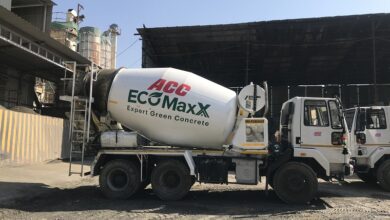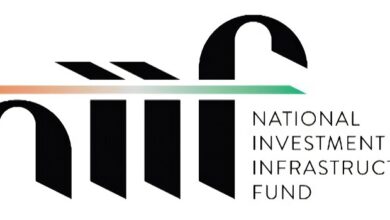India’s Real Estate Outlook: Key Trends Shaping 2025
By Vaibhav Kathotia, Chief Operating Officer, Real Estate, Crest
As we step into 2025, the Indian real estate sector finds itself at a transformative crossroads, where evolving consumer preferences, technological advancements, and sustainability imperatives are reshaping the industry. The sector has shown remarkable resilience amid global economic challenges, and emerging trends signal a dynamic and promising future. Here are the key factors influencing the real estate landscape in 2025:
- Sustainability as a Core Priority
Sustainability is now a driving force in real estate development. Consumers are increasingly seeking eco-friendly homes, while regulatory policies emphasize green construction and carbon neutrality. Developers are incorporating energy-efficient designs, renewable energy systems like solar panels, and water conservation methods into their projects. Smart waste management and sustainable materials are becoming standard practices, reflecting a shift towards building for the long term.
- The Popularity of Mixed-Use Developments
Mixed-use developments, which integrate residential, commercial, and recreational spaces, continue to gain traction, especially in urban centers. These projects cater to the growing demand for convenience and community living, offering a blend of work, life, and leisure within a single location. Cities such as Mumbai, Bengaluru, and Hyderabad are witnessing a surge in such developments, which optimize land use while enhancing urban living experiences.
- Flexible Workspaces in a Hybrid Work Era
The hybrid work model is redefining the commercial real estate sector. Companies are prioritizing flexibility, leading to a surge in demand for co-working spaces and adaptable office designs. These workspaces are tailored to meet the needs of businesses seeking agility and efficiency, driving investments in smart office infrastructure that blends technology with employee well-being.
- Technology-Driven Real Estate
Technology is transforming every aspect of real estate, from planning and construction to sales and management. The rise of smart homes, powered by IoT devices and AI, is enhancing user experience and operational efficiency. Digital platforms for property transactions, virtual tours, and data-driven market analysis are simplifying the buying and selling process. In 2025, technology will play an even greater role in ensuring seamless and transparent operations in the real estate sector.
- Government Policies Driving Growth
The government’s continued focus on affordable housing, urban infrastructure, and smart city initiatives is expected to drive the sector forward. Regulatory measures like RERA (Real Estate Regulatory Authority) have increased transparency and accountability, boosting investor confidence. Additionally, policy support in the form of tax incentives and subsidies for affordable housing will further strengthen the sector.
- Shifting Consumer Preferences
Post-pandemic lifestyle changes have significantly influenced homebuyer preferences. Consumers are now prioritizing larger homes with green spaces, wellness amenities, and provisions for work-from-home setups. The demand for properties that combine functionality, sustainability, and luxury is reshaping project designs and planning in 2025. Developers are responding by offering projects that focus on lifestyle enhancement and community living.
- Economic and Market Dynamics
Despite challenges like inflation and fluctuating interest rates, the overall market outlook for 2025 remains cautiously optimistic. The luxury and mid-income housing segments are expected to drive growth, while infrastructure projects and urban regeneration initiatives will provide additional momentum. Foreign direct investment (FDI) and a favorable regulatory environment will continue to attract domestic and international investors.






